Hyperthyroidism in cats is the increased production of thyroid hormones. Hyperthyroidism is a common hormonal disease of more than eight years old cats. The disease is manifested by progressive loss of a cat’s body weight, even having a good appetite. The other signs of the disease are vomiting, nausea, diarrhea, loss of conditions, loss of hair, and respiratory distress.
Importance of Hypothyroidism in Cats
Thyroid glands are paired and located on either side of the neck of the cat. The glands are small, walnut-shaped, and produce thyroxin hormones (T3 and T4). The hormone regulates the metabolic rate of a cat’s body. The increased production of thyroxin hormone alters the body’s metabolic system, affecting almost all organs and systems of the body.
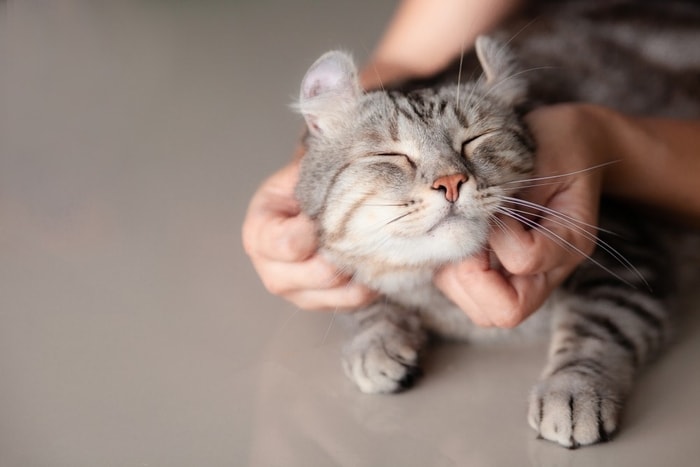
Causes Hyperthyroidism in Cats
The exact causes of hyperthyroidism are not known. The possible causes are as follows:
- Benign tumors (non-cancerous) of thyroid glands are called adenoma.
- Malignant tumors like adenocarcinoma.
- Choric exposure to certain chemicals disrupts thyroid activity.
- Certain foods in the cat’s diet.
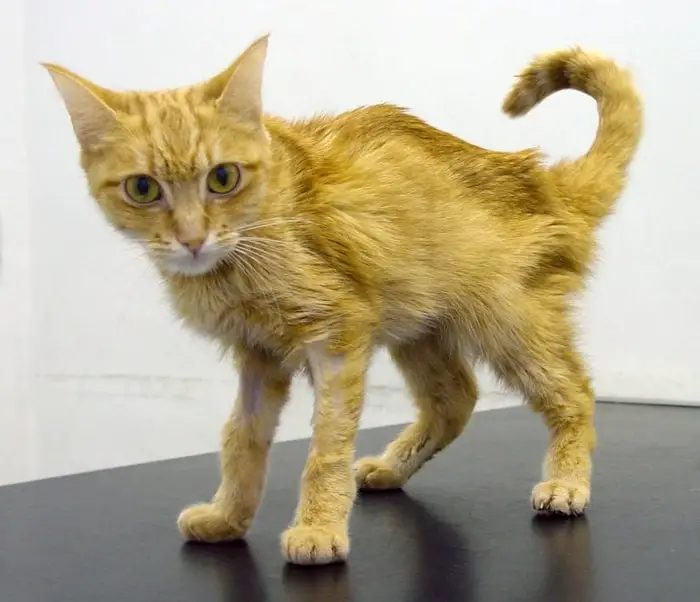
Clinical Signs of Feline Hyperthyroidism
The disease is commonly seen in older cats more than eight years. The disease is chronic mainly and develops very slowly. You may be missed the initial signs of the disease. The disease manifested by following:
- Progressive loss of body weight.
- Nausea.
- Vomiting.
- Non-specific Diarrhoea in cats.
- Hyperactivity of cats.
- Drinking water more than average.
- Polyurea.
- Loss of hair and rough hair coats.
- The disease may lead to high blood pressure (hypertension)and cardiac diseases.
- High blood pressure may detach the retina from its back and result in sudden blindness.
- Heart diseases arise due to increased heart activity, thickening of the myocardium, and heart failure.
- The disease is fatal if left untreated.
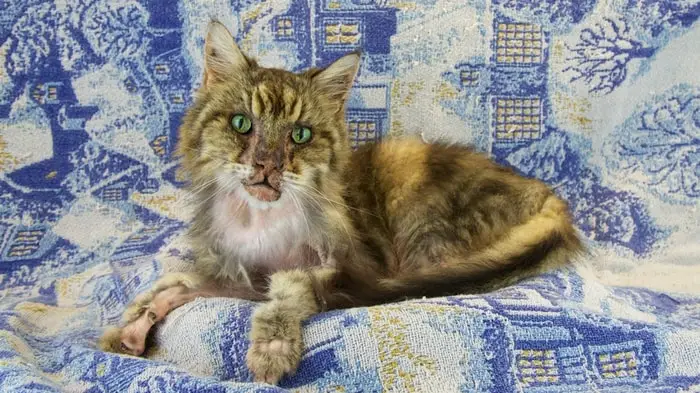
Diagnosis of Feline Hyperthyroidism
The disease in cats can be diagnosed by the following means:
- History and age of cats.
- Specific clinical signs like progressive weight loss, vomiting, hyperactivity, and heart diseases.
- Palpation of thyroid glands and measure the size.
- Blood test to determine the level of thyroxin hormones.
- Radiographic examination of thyroid gland showing enlargement.
- Ultrasonography of neck region to see the enlargement of thyroid glands.
- Cat’s hormone assay.
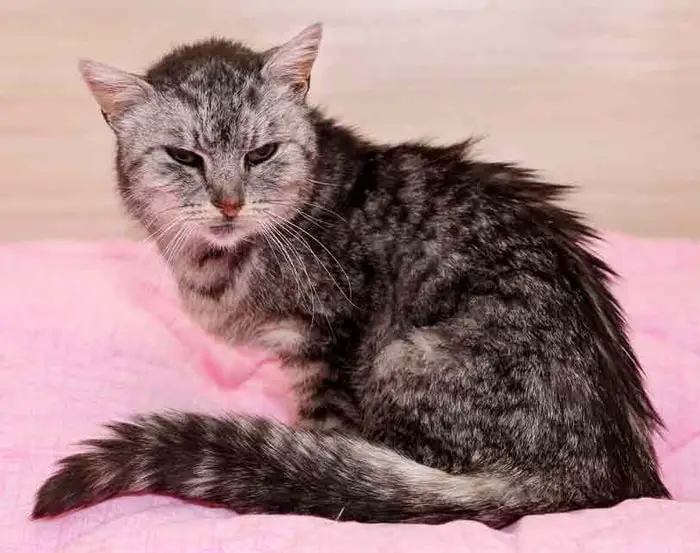
Treatment of Hyperthyroidism in Cats
The disease is non-infectious and does not require any antibiotics if there are no infections. The disease can be treated in the following ways:
- Oral administration of methimazole at 12 hourly. The drugs reduce the activity of thyroid glands and need life-long treatment.
- Radioactive Iodine therapy. The radioactive iodine takes up the iodine required for the production of T3 and T4. The radioactive iodine is given by injection quickly mixed with the bloodstream.
- Surgical removal of thyroid glands is called thyroidectomy. The surgical treatment for hyperthyroidism has a success rate.
- Dietary therapy of certain foods and supplements.
- Reduction iodine from cats diet helps to reduce the production of thyroid hormones.
- FDA approves methimazole for the treatment of hypothyroidism.
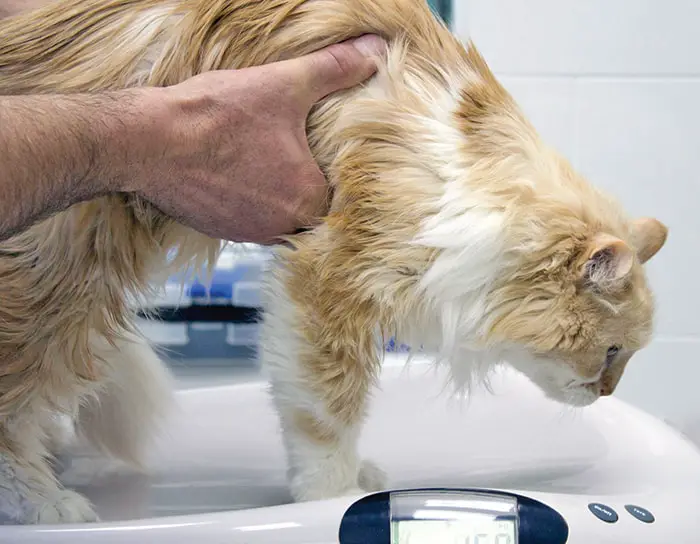
Prognosis of Hyperthyroidism in Cats
The disease is highly fatal if left untreated. The future of the disease is favorable if treated al early with proper treatment. Surgical treatment is most successful that does not require any medicine after surgical removal of thyroid glands. The radioactive iodine treatment is also effective if done in the proper dose.
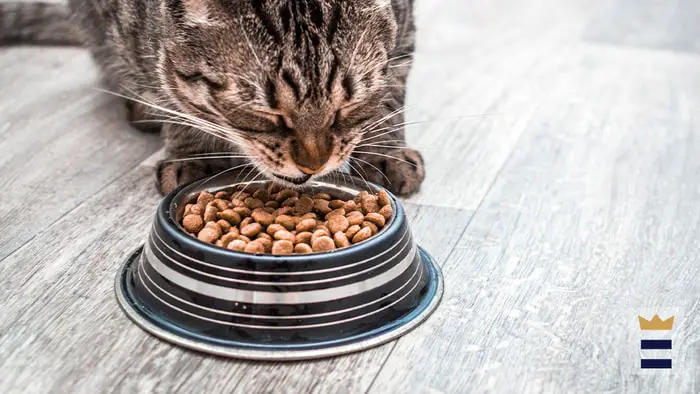
Concluding Remarks on Hyperthyroidism in cats
Hyperthyroidism is a common problem in older and middle-aged cats. The disease is manifested by progressive weight loss with a good appetite. The disease can be cured easily after early diagnosis and treatment. You lovely can be survived after having hyperthyroidism with correct treatment and management. I think this article will help you a lot.